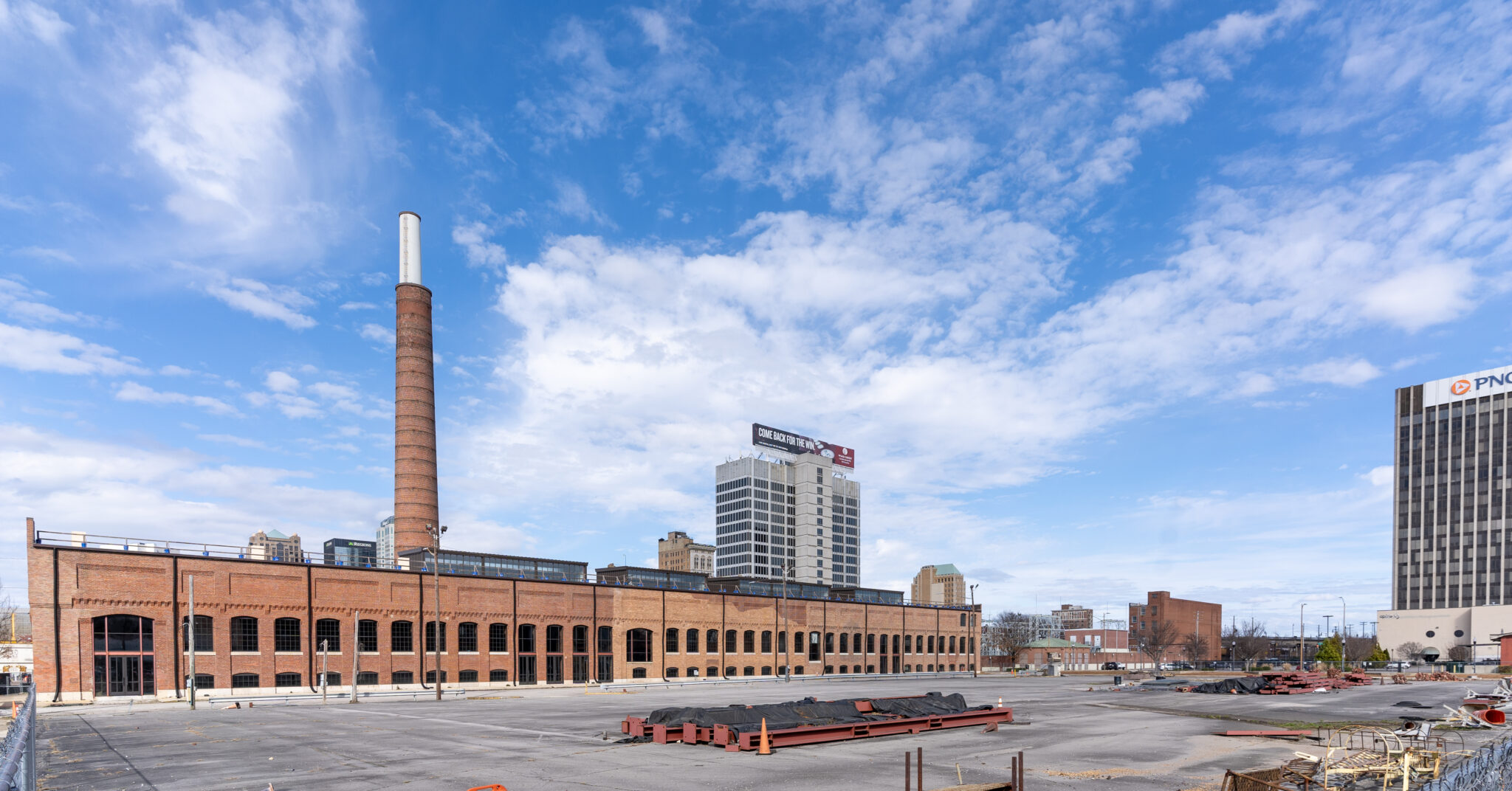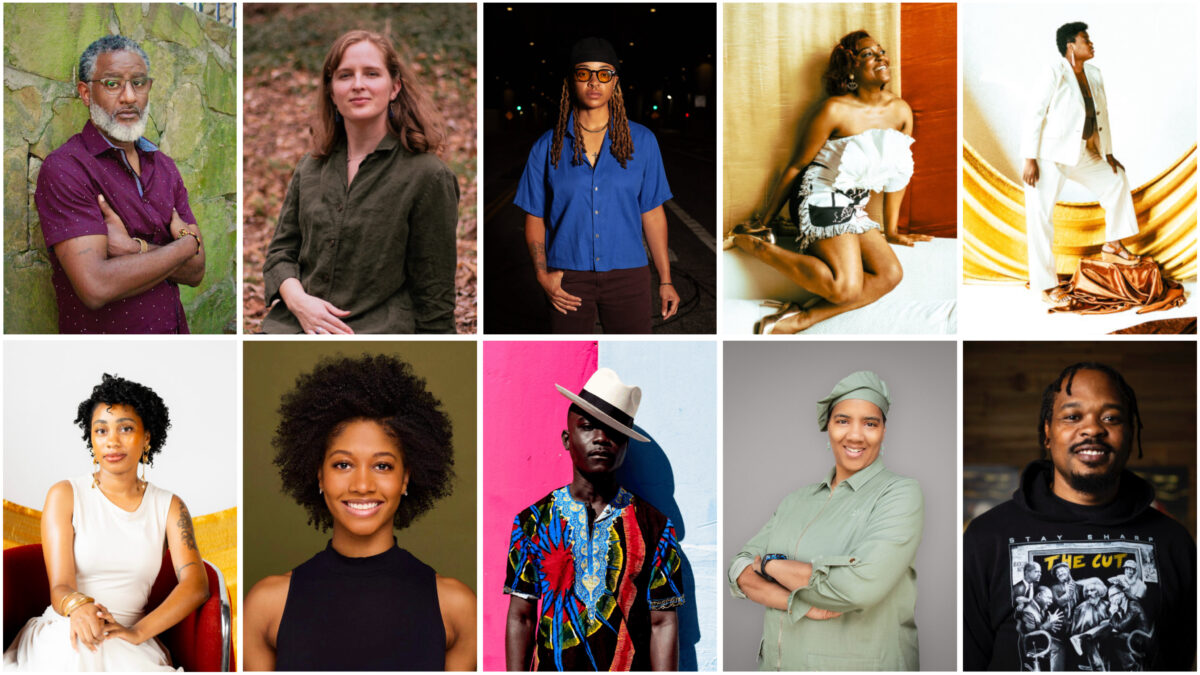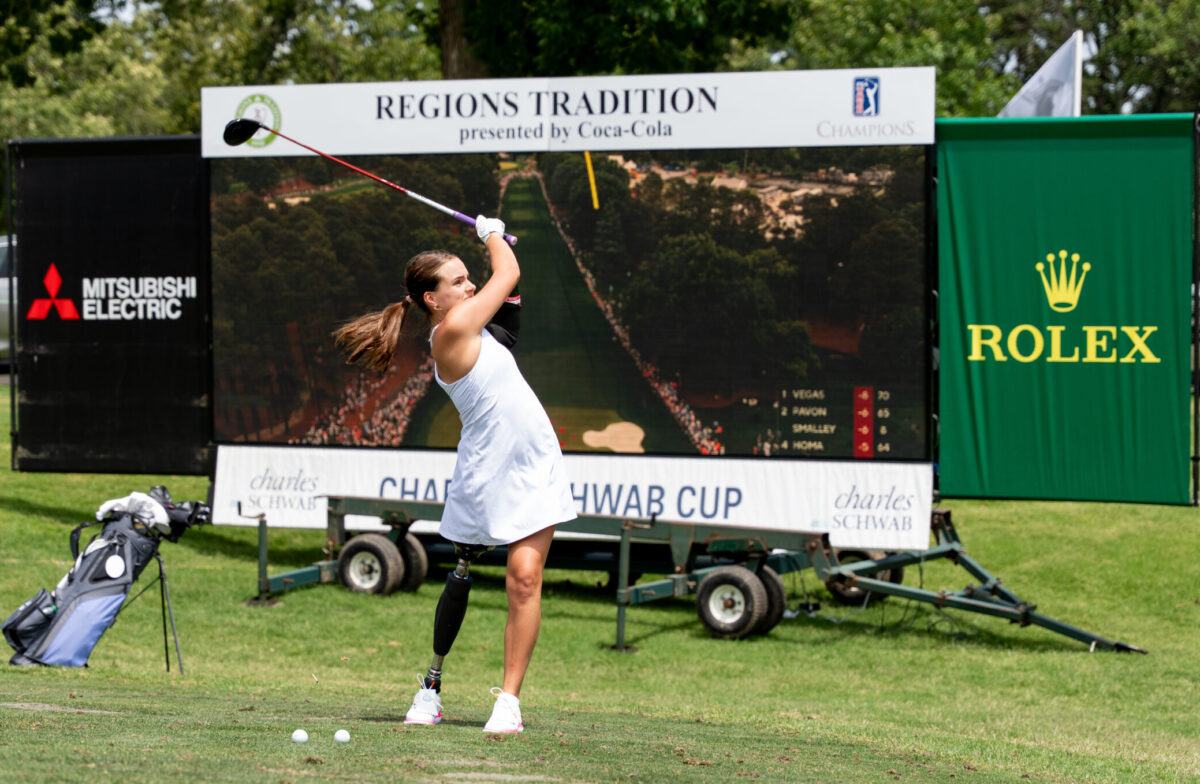New project, WHOLE, strives to reduce waste + homelessness in Birmingham
Reading time: 3 minutes

Break out your #5 plastics, Birmingham, because a new way to help advocate for homeless citizens is in the works with a new program called WHOLE. Read on to learn about this innovative program that’s turning heads.
What is WHOLE?

It stands for Wellness and Housing Opportunity Linked to Employment and was created by Church of Reconciler and its sister nonprofit, Community on the Rise.
Both the church and nonprofit are located in the Switch District, a community in Birmingham known for its high numbers of homelessness.
They recognized that many experiencing homelessness and poverty have a great deal of barriers that keep them unemployed, such as:
- Lack of government identification and transportation
- Rent prices that exceed income
- Addiction with minimal recovery options
- Mental and physical wellness
With this in mind, the idea for the WHOLE program began to form. While they wanted to help advocate for homelessness, they also wanted to figure out a way to reduce waste and encourage earth care. The solution: to combine them together into a totally amazing innovative project.
To get the project started, Community on the Rise purchased a house and fully furnished it with brand-new items. The plan—to house three homeless women for one year so they could live rent and utility free. The women would in turn act as apprentices for the WHOLE program.
On to the innovation part…

The goal of the WHOLE program is to recycle plastic waste and find ways to create new products out of it. With the City of Birmingham only able to recycle Plastic #1 and Plastic #2, most plastics don’t get recycled, and instead, end up in a landfill.
After lots of research, the church and nonprofit discovered something—Plastic #5 (takeout containers, pill bottles, Chobani yogurt cups, etc.) are the most common types of plastics after 1’s and 2’s; they also do not release many toxins.
So, they reached out to a group called Precious Plastics in Europe. They learned the group uses special machines they put out for public use that collect, recycle and recreate Plastic #5.
After learning this cool info, the Church of the Reconciler got a grant to get the same machines. They include: an injector, a shredder and a toaster oven.
Thanks to these innovative machines, apprentices in the WHOLE program are able to sort through donated #5 Plastics and in turn generate and create new products. Some include: garden pots, key chains, coasters and more.
Want to learn more about WHOLE and order some of the cool items they’ve made by recycling #5 Plastics? Check them out on Facebook.



